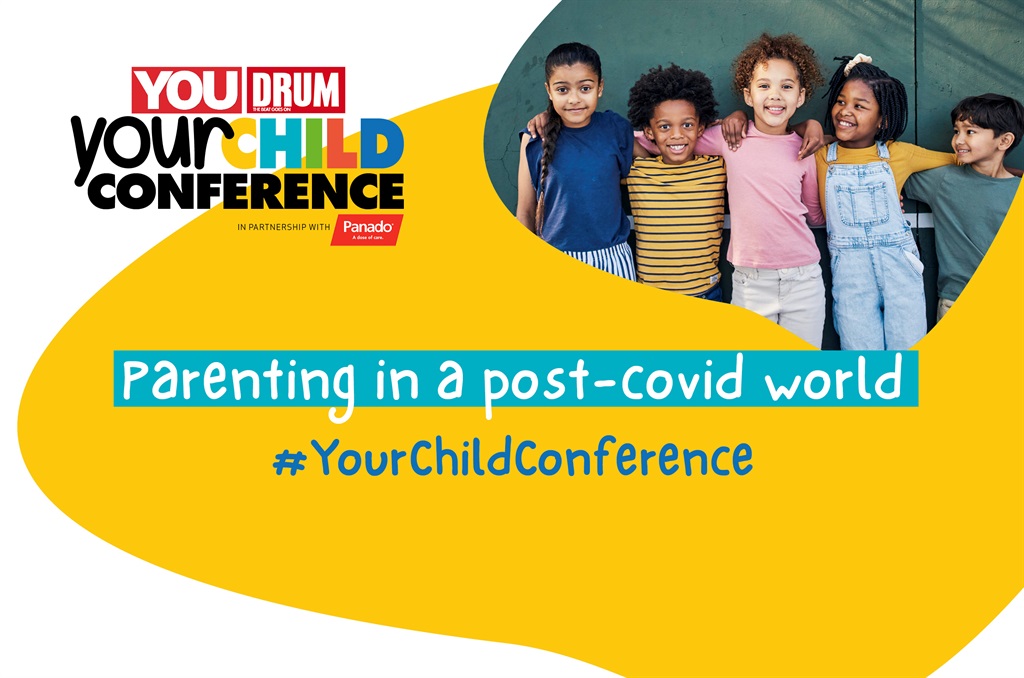
The goal of every parent is to raise a happy child who'll eventually develop into a happy adult.
Happy people work harder, thrive socially and – most of the time – achieve more. Children are also faster at learning and performing mental tasks when they’re happy.
Making sure your children develop into balanced adults can benefit society as a whole, and a good parent can do a lot to help their child flourish.
By meeting your children's physical and emotional needs, you are already on the right track. In fact, the more parents attend to their children’s emotional needs, the more they are building the children’s emotional intelligence, says educational psychologist, Claudia Abelheim.
“There’s been research done that proves EQ (emotional intelligence) is just as, if not more, important than IQ in determining a person’s success in life.
“Children need to learn an emotional vocabulary which comes from their parents providing for their emotional needs. It also helps to build self-esteem and sense of self by teaching a child that their feelings are important,” she adds.
Read more | Do your kids have what it takes to succeed in the modern world?
Why parenting is so important
Of course, there are many factors that play a role in ensuring your child's happiness, but parenting is one of the most crucial influences. From infancy onwards, a child’s survival depends on adults noticing them and interacting with them.
If children can’t connect with parents through positive behaviour, they will do so by acting up. Good family relationships in childhood might even have a bigger influence on an individual’s success and earnings instead of how well they did at school.
Children who feel loved and secure are better able to cope with uncertainty and can therefore afford to explore, play and take risks. They are also better at understanding and dealing with negative emotions such as anger and sadness. And these qualities are important for success in life.
Some parents find it hard to say “I love you” to their children. If you can relate, remember actions speak louder than words, Claudia says.
“Use actions to show them [how you feel]. In fact, the words are meaningless if they’re not followed up with actions to prove it.
“Parents can also find easier ways to tell their children they are loved – leave a note in their lunch box, on their pillow before bed or send them a random text message in the day,” she suggests.
The value of play
Children spend a lot of time engaged in play. It might look pointless, but it helps them develop physical, social, and mental skills and teach them to cope with the world. Play also builds muscles and improves fitness levels.
Children need recreational time. Making them take part in too many extramural activities leaves little time for them to enjoy themselves – and even less space for them to do so creatively. Watching TV is another enemy of active play.
Play is an essential building block of life, experts advise. In some instances, overprotective parents think the outdoors is nasty or dangerous. They worry that the child might be upset, bullied, hit or worse.
The problem is that attempting to protect children from risks will also deprive them of opportunities for learning – and for social interaction, which is crucial for their development.
Read more | Kids feeling anxious about school? Here’s how you can help
Setting loving boundaries
Children find it easier to develop to their full potential if they know that no matter what happens, they have a safe emotional base in the family.
A key element in raising happy children is to love them unconditionally and also to offer them boundaries.
By not setting boundaries for your children, you’re sending them a message that you don’t care, Claudia warns.
“Boundaries are put in place to protect children. Parents often use the line ‘I’m doing this because I love you and care about you’ when they are putting a boundary in place.
“Parents setting boundaries teaches children how to do it themselves. This is vital when it comes to building professional and personal relationships,” she says.
In practice, this means giving them independence and at the same time, setting clear rules about what is and what isn’t allowed. It's important to still keep a close eye on what your children are up to and only interfere when necessary.
Children should be praised for their achievements but don’t try to convince them that everything they say and do is perfect. If a child misbehaves, the golden rule is not to criticise them or their character, only what they have done.
Read more | Bullying is never acceptable – here’s what you can do
Spend time with your child
The time you spend with your children can make a huge difference in their development.
Busy professionals might be tempted to think that spending only an hour a day together is fine because it’s “quality time”, but that short amount of time is unlikely to maintain a rich, consistent and nurturing relationship.
One way to spend quality time with your child and to get to know him or her better is by creating a “love map” together. Make a list of about 50 aspects of your child’s life, from his favourite meal to his best friend, then fill in the answers together and see what you get right.
This exercise will help you and your child get to know each other better and create a closer bond.
Help them be more resilient
Why are some children able to overcome extreme circumstances – like poverty, parental absence, a violent neighbourhood – and find happiness but others are defeated by minor setbacks?
Scientists are increasingly trying to find out why some people are able to bounce back from disaster. It seems some are born with certain characteristics that make them resilient, but the strength of the parental bond established in the first three years of life is also extremely important. These bonds influence the success and resilience of a child almost more than any other factor.
Experts claim the best ways to foster resilience in children is to encourage a given talent and to act as a mentor and teach them the needed skills and tools for staying safe.
Listen to your kids
How can parents make it easier for their children to talk to them? By not overreacting, Claudia says.
“Children will find it hard to talk to their parents if they’re fearful of them, and eventually might stop talking to them altogether.
“Remember, when they are little, the small things are very important to them and deserve as much of your attention as the bigger issues they might face when they are older,” she says.
“This shows them their life is important to you, no matter what it is they’re sharing. It’s always important to listen to your children and acknowledge what they are telling you and how they are feeling.
“You don’t have to always agree with it, but by showing them acknowledgement, you’re showing them they’re worthy of being listened to and that you’re there to hear them out without jumping down their throats.”
Extra sources: babycenter.com, todaysparent.com, webmd.com
EVENT HIGHLIGHTS:
- The developmental delays experts and parents are picking up in kids after lockdown.
- The power of play therapy.
- The effect of anxiety on children.
- How parents can get out of survival mode post-Covid.
- What parents need to know about the rise in non-Covid illnesses.
- Q&A session with the panel of experts.
- Where: The Venue, Green Park, Johannesburg
- When: Saturday 27 May
- What Time: 10:30 – 14:00
- Tickets: R175 via Quicket




















